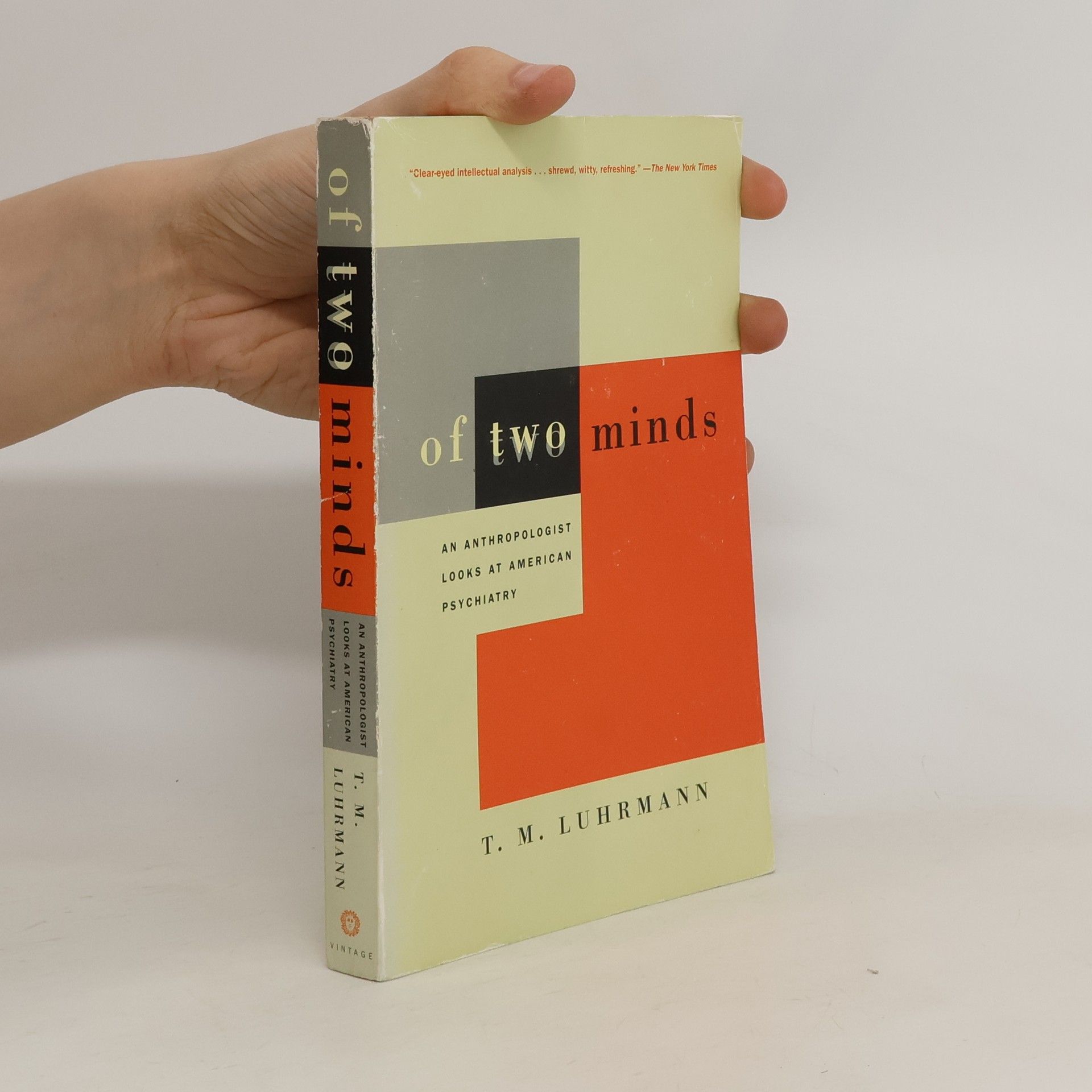How do gods and spirits feel vividly real to people? The cognitive science of religion suggests that humans perceive supernatural agents everywhere, yet maintaining a belief in caring, invisible spirits is challenging. T. M. Luhrmann, an acclaimed anthropologist and scholar of religion, argues that individuals must exert significant effort to make gods real. This effort transforms them and provides the benefits they seek from these unseen entities, explaining the enduring power of faith. Through ethnographic studies of various groups, including evangelical Christians, pagans, magicians, Zoroastrians, Black Catholics, Santeria initiates, and newly orthodox Jews, Luhrmann reveals that worshippers actively create a world where invisible others are significant and can feel intensely present. They achieve this through storytelling, absorption, cultivating inner senses, believing in a porous mind, strong sensory experiences, prayer, and other practices. Luhrmann explores why faith is more complex than mere belief, likening prayer to a therapeutic activity, and comparing the experience of becoming religious to getting engrossed in a book. This insightful account highlights that religious practices wield greater power than beliefs, suggesting that faith endures not because it offers intuitions about the divine, but because it profoundly transforms the faithful.
T.M. Luhrmann Livres
Tanya Marie Luhrmann explore les complexités de l'expérience moderne à travers le prisme de l'anthropologie. Son travail examine comment les individus perçoivent et s'engagent avec les réalités spirituelles et psychologiques, en analysant comment des pratiques telles que la magie en viennent à paraître raisonnables par l'expérience vécue. Luhrmann offre des aperçus profonds de la psychologie sociale des communautés confrontées au changement et de la relation complexe entre les modèles biomédicaux et psychodynamiques de l'esprit. Sa recherche éclaire les manières dont les gens construisent leur compréhension du monde et se connectent au divin.


Of Two Minds
- 352pages
- 13 heures de lecture
With sharp and soulful insight, T. M. Luhrmann examines the world of psychiatry, a profession which today is facing some of its greatest challenges from within and without, as it continues to offer hope to many.At a time when mood-altering drugs have revolutionized the treatment of the mentally ill and HMO’s are forcing caregivers to take the pharmacological route over the talking cure, Luhrmann places us at the heart of the matter and allows us to see exactly what is at stake. Based on extensive interviews with patients and doctors, as well as investigative fieldwork in residence programs, private psychiatric hospitals, and state hospitals, Luhrmann’s groundbreaking book shows us how psychiatrists develop and how the enormous ambiguities in the field affect its practitioners and patients.